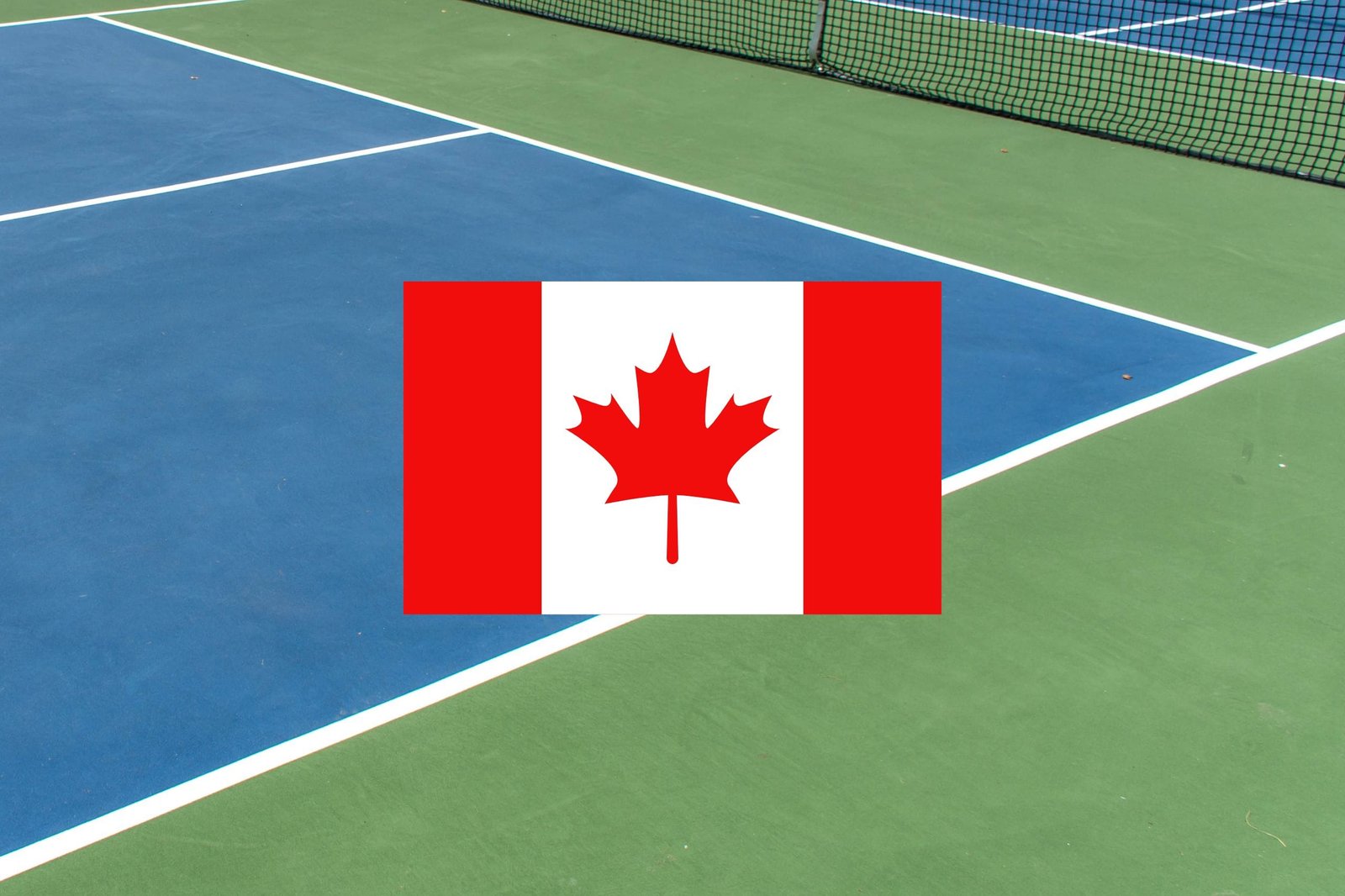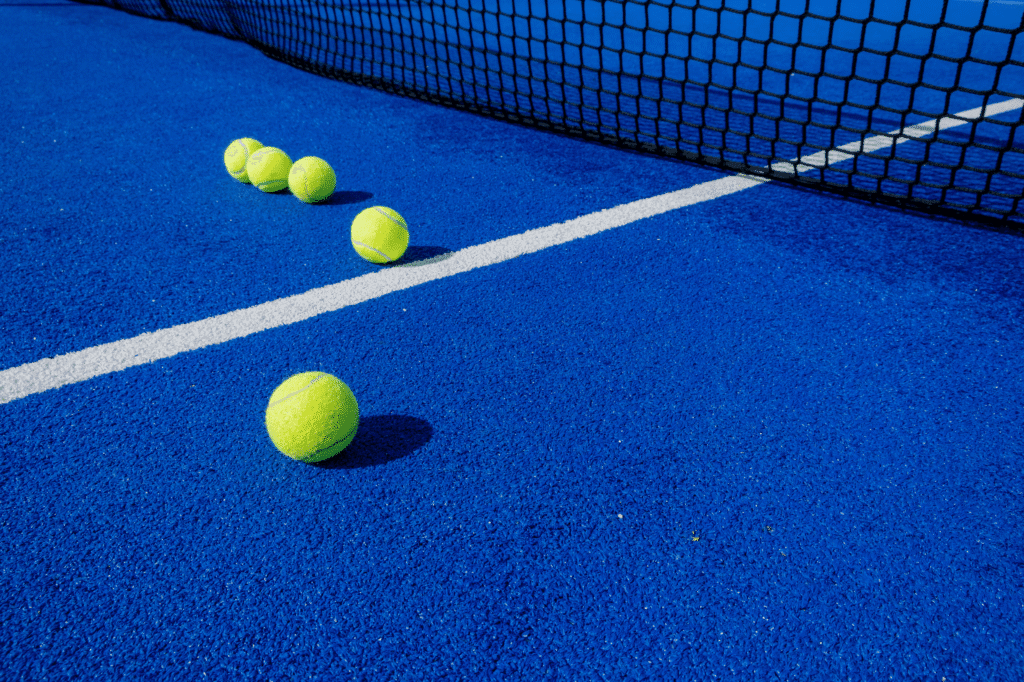
Pickleball is booming in Canada. With its fast-paced play, low barrier to entry, and social atmosphere, the sport has attracted players of all ages from coast to coast. From Vancouver to Halifax, new courts are opening, and communities are launching leagues and tournaments. As more Canadians discover the game, there’s a growing need for trained and passionate coaches. If you love the sport and enjoy helping others learn, becoming a pickleball coach in Canada could be a great fit for you.
This guide will walk you through everything you need to know, from building your playing experience to getting certified and starting your coaching journey.
1. What It Means to Be a Pickleball Coach in Canada
A pickleball coach in Canada is more than just a skilled player. Coaches are teachers, mentors, and leaders who help others understand and improve their game. Whether you’re running beginner lessons, organizing skills clinics, or working with competitive players, you’ll be instrumental in growing the sport in your local community.
As a pickleball coach in Canada, you may find yourself working with kids, seniors, and everyone in between. Your role will be to break down technique, teach strategy, and help players gain confidence, all while making sure the game stays fun and safe.
2. Play the Game and Know It Well
Before you can coach effectively, you need to play regularly and understand the sport from the inside out. You don’t need to be a professional, but a solid grasp of gameplay, positioning, rules, and etiquette is essential.
Join your local pickleball club or league, attend tournaments, and watch high-level matches online. The more experience you have, the more effective you’ll be as a pickleball coach in Canada.
3. Get Certified Through a Recognized Program
To become a certified pickleball coach in Canada, you’ll want to go through an approved coach education program. Two primary options exist:
- Pickleball Canada Coaching Certification: Developed in partnership with NCCP (National Coaching Certification Program) and Sport for Life, this program provides a structured path for new coaches.
- International Pickleball Teaching Professional Association (IPTPA): Recognized worldwide, IPTPA also offers certification clinics in Canada.
These certifications usually involve:
- Online or in-person training courses
- Teaching evaluations
- Playing assessments
- Safe sport and ethical coaching modules
Becoming certified adds to your credibility, improves your teaching ability, and is often required to work with clubs, schools, or youth groups as a pickleball coach in Canada.
4. Complete First Aid and Background Requirements
To work safely and legally, a pickleball coach in Canada will also need:
- Standard First Aid & CPR Certification – This ensures you can respond to on-court injuries or health issues.
- Criminal Record Check / Vulnerable Sector Screening – Especially important if you’re coaching youth or older adults.
- Respect in Sport / Safe Sport Training – Now standard across Canadian coaching environments.
These certifications demonstrate your professionalism and are often required for insurance coverage and facility partnerships.
5. Start Coaching Locally
Once certified, the best way to improve your coaching skills is by doing it. Volunteer at a community centre or club, assist in group sessions, or offer free clinics to beginners. This hands-on experience is invaluable as you learn to adapt your communication and teaching style for different types of players.
Over time, as your reputation grows, so will your client base, and your confidence as a pickleball coach in Canada.
6. Decide Between Freelance or Club-Based Coaching
There are two main ways to work as a pickleball coach in Canada:
- Join a Club or Facility – Many gyms and pickleball-specific centres are looking to hire qualified instructors to run classes and manage player development.
- Go Independent – If you prefer flexibility, set up your own coaching services. You can offer private or group lessons in local parks or rent court time at indoor venues.
Some coaches combine both options, working part-time for a club while also offering private sessions. Whatever your approach, there’s room to grow as a pickleball coach in Canada.
7. Build a Local Presence and Market Yourself
Even if you’re a great coach, people need to know you exist. Build a simple online presence with:
- A basic website or booking page
- Social media accounts (Facebook, Instagram)
- Flyers at clubs and rec centres
- Testimonials from happy students
Visibility is key. The more people see you as an expert and community contributor, the more opportunities you’ll find as a pickleball coach in Canada.
8. Keep Learning and Evolving
A great pickleball coach in Canada stays up to date with the sport’s evolution. Stay sharp by:
- Attending national or provincial coaching workshops
- Watching pro-level matches and training content
- Pursuing advanced certifications or coaching specialties (e.g., youth or adaptive coaching)
Ongoing education makes your coaching more valuable and helps you stand out in a growing field.
Conclusion
Becoming a pickleball coach in Canada is more than a job, it’s a chance to shape the future of a rising sport. With national momentum and a passionate player base, there’s never been a better time to get involved. Whether you want to coach casually, part-time, or as a full-time profession, your skills are needed across the country.
Follow these steps, build your experience, and you’ll be well on your way to becoming a trusted and impactful pickleball coach in Canada.


